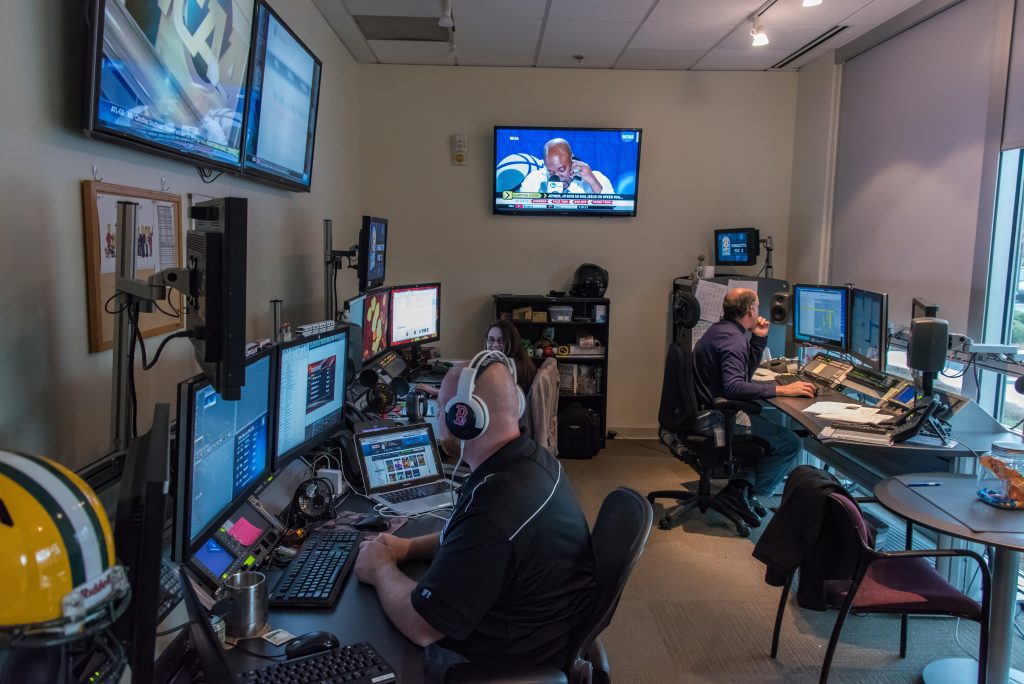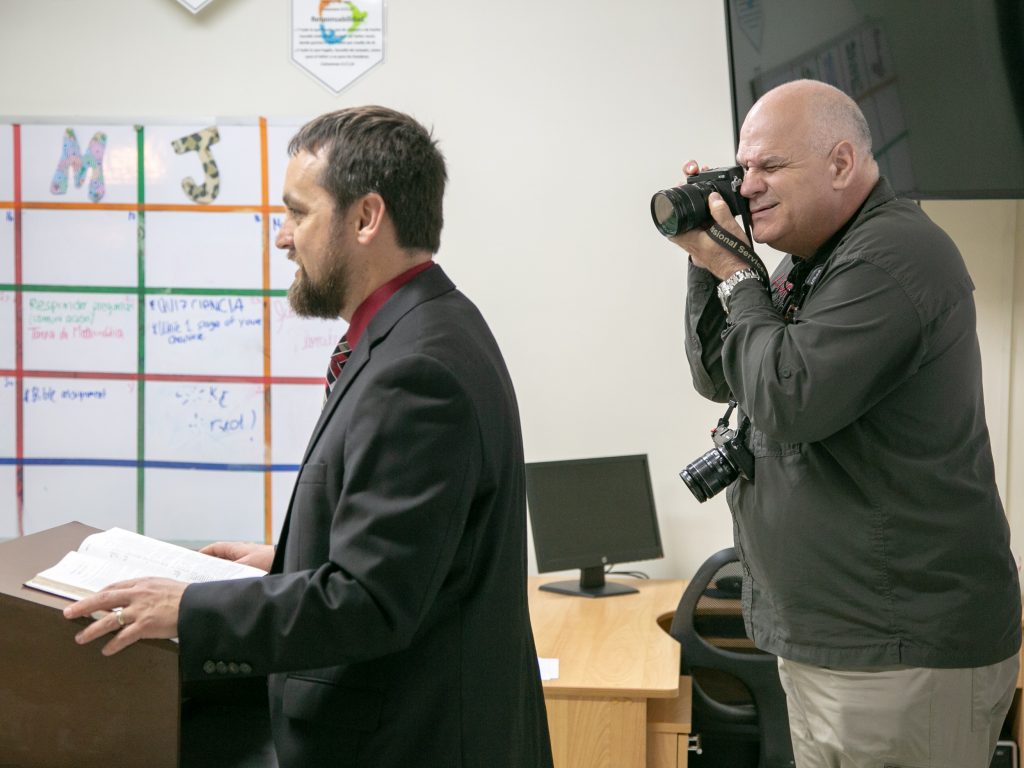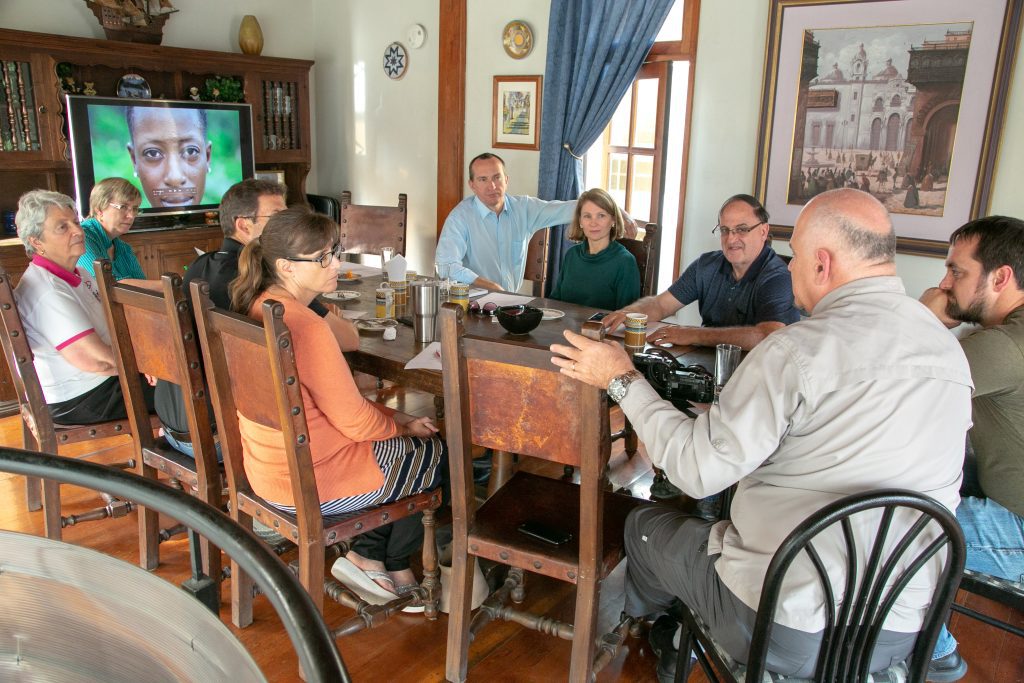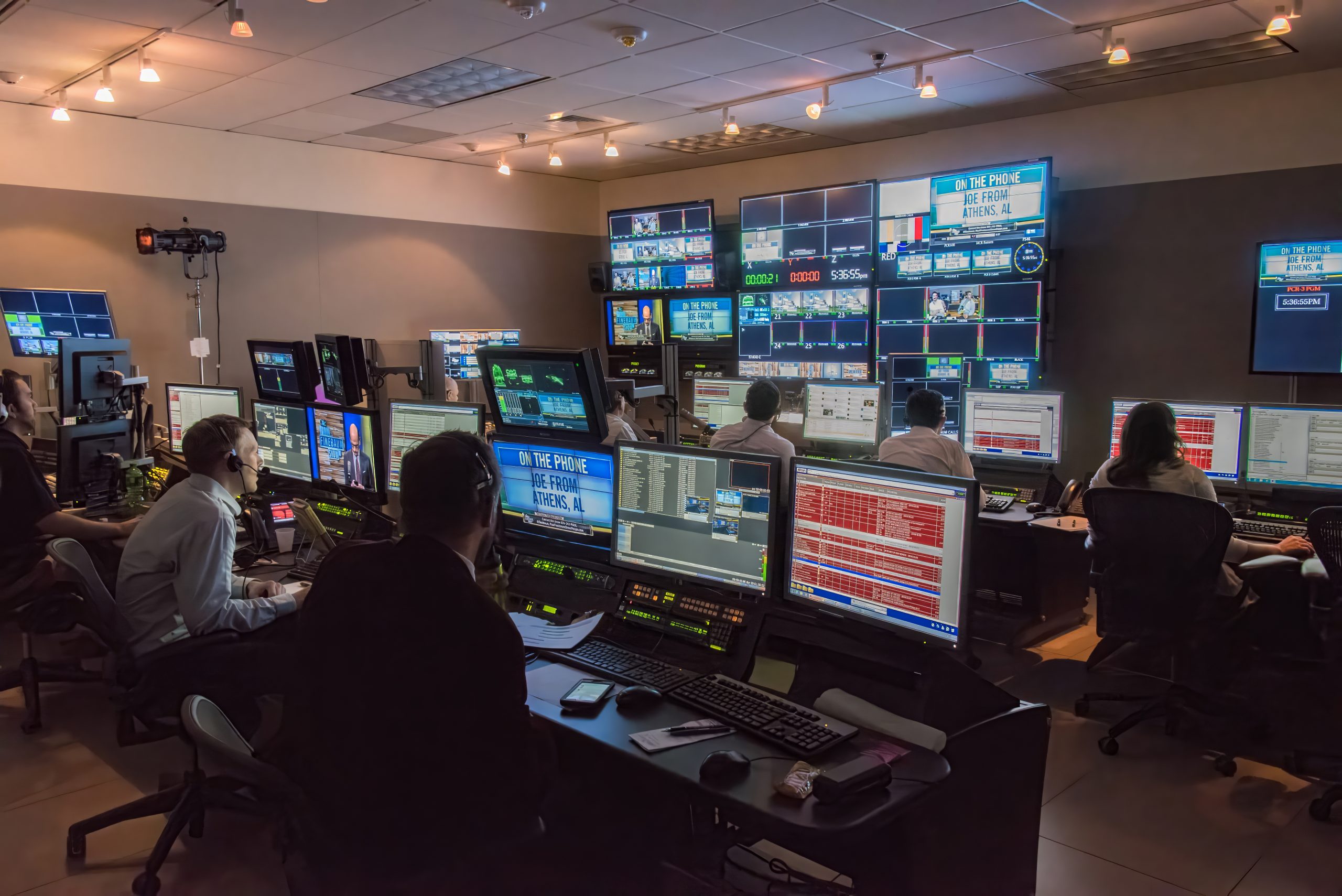Introduction
In the fast-paced world of technology, it’s easy to get caught up in the hype of “everything new.” Photography, video, and audio equipment each year become more advanced, promising groundbreaking capabilities. However, for those with years of experience in these fields, we understand that not everything touted as “brand new” is novel. Many technological advancements build upon the foundations of our past experiences, reminding us that wisdom and expertise are timeless.
Building on Familiar Foundations
As seasoned photographers and videographers, we remember the days of working in darkrooms, manipulating film, and developing prints to perfection. When Adobe released Lightroom, it was undoubtedly revolutionary but built upon the knowledge and understanding of traditional darkroom techniques. The digital darkroom brought familiar concepts like exposure, contrast, and color balance into the digital age, making it easier for us to adapt and embrace the new technology.

The Evolution of Video Editing
Video editing software is another area where “everything new” borrows from the past. Terms like “bin,” “A-Roll,” and “B-Roll” are remnants of the analog editing days, where physical bins held reels of film or tape clips. Today, even though we use bins, the terminology remains, serving as a nod to our editing room heritage. This continuity ensures that veteran editors can transition seamlessly into the digital era while harnessing their past knowledge.
Practical Effects vs. CGI
The advent of computer-generated imagery (CGI) brought forth a new frontier in the movie industry. Suddenly, filmmakers could create fantastical worlds and creatures beyond the limits of practical effects. However, seasoned professionals recognized that beneficial results still held value even with CGI’s capabilities. Beneficial effects allow actors to interact with their surroundings more naturally, creating more realistic scenes and enhancing the overall cinematic experience.
Embracing the “Different”
In today’s world, innovation is often associated with doing something “different.” New media specialists entering the industry may bring fresh perspectives and approaches unencumbered by the limitations of traditional methods. Sometimes, their work truly breaks new ground and captivates audiences in unforeseen ways. Yet, they may also unknowingly replicate previously explored ideas simply because they lack the historical context.
On the other hand, seasoned professionals understand the industry’s history and the “tried-and-true” techniques. Doing something “different” is a conscious decision driven by expertise and the desire to push boundaries creatively. Their knowledge of the craft allows them to recognize true innovation and avoid unwittingly duplicating past ideas.

The Wisdom of Experience
The takeaway from all this is that technology while ever-evolving, is not the sole determinant of success in photography, video, and audio production. Clients seek out seasoned professionals for their ability to wield cutting-edge tools and the wisdom they bring. The deep understanding of the art form, the mastery of techniques, and the ability to adapt and embrace change make them indispensable.

In Conclusion
In the dynamic world of photography, video, and audio, the confluence of experience and innovation drives the industry forward. The best content emerges when seasoned professionals’ wisdom merges with new media specialists’ fresh perspectives. Understanding the past enables us to build upon it, crafting a future that honors tradition while embracing the “different.” Ultimately, clients seek the individual’s skill, expertise, and creativity, proving that true brilliance lies in blending the familiar with the new.

